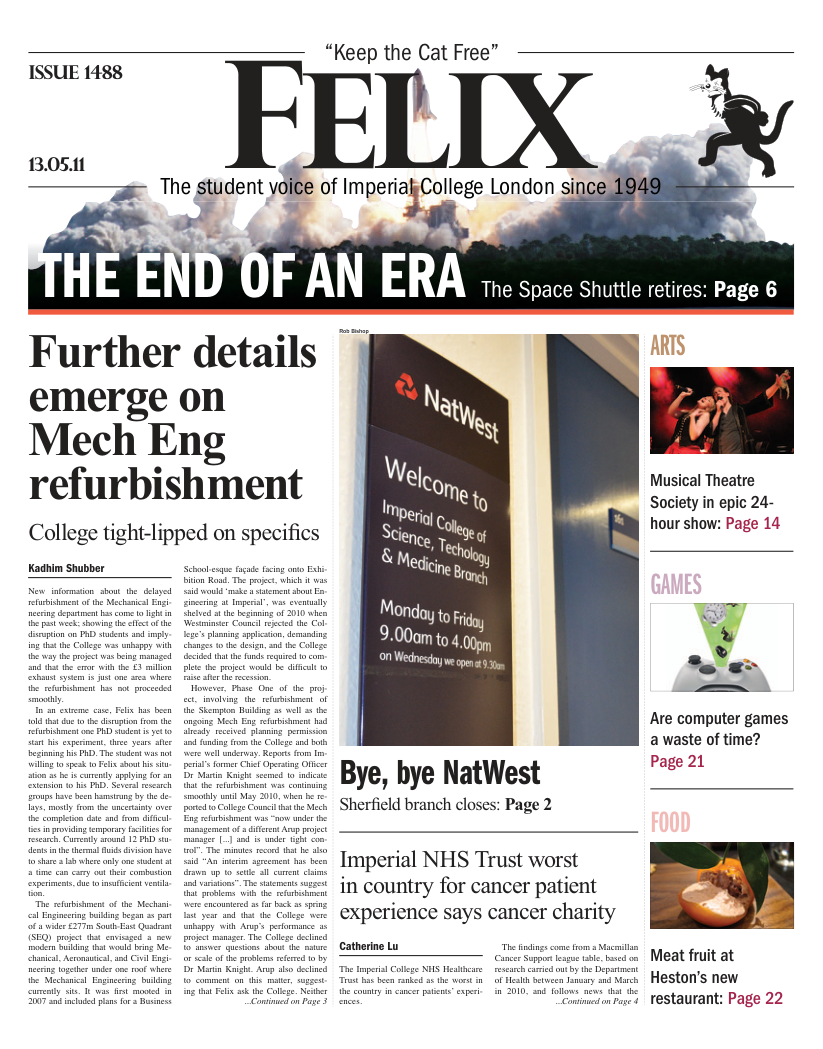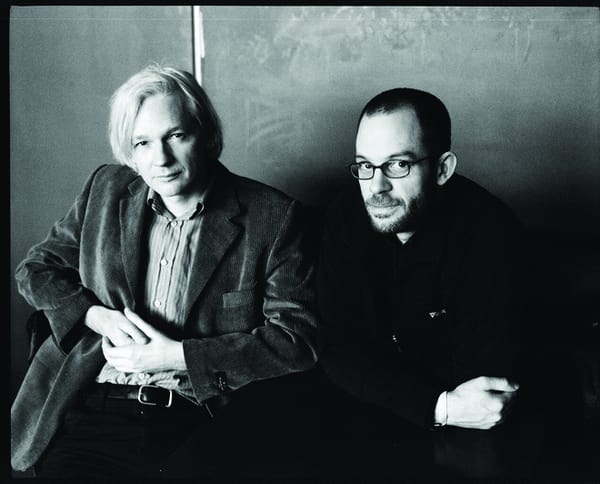Blasta from the pasta?
Berlusconi’s disregard for democracy is reminiscent of another Italian strongman
“[…] Naturally the majority did notice his criminal activity […] unfortunately, Italian People, if they have to choose between their duty and personal advantage, always chose the latter. He, a mediocre, rough man with vulgar but effective eloquence was and is a perfect specimen of his coevals. In an honest country he would have been at most the leader of a modest party, the not-too-brilliant author of verbose articles in his party newspaper, he would have been considered a ridiculous character for his manners, his megalomania, his offense to common sense due to his emphatic and shameless style.
[…] In Italy he became head of the government. It is hard to find a better example of an Italian.
He is weak but he admires the use of force, he tries to appear strong against his nature. He is venal, corruptible, adulator, catholic without believing in God, corruptor, presumptuous, conceited, jovial, […], good family man but with numerous lovers.
[…] He uses those he despises and he despises (and sometimes fears) those who are honest, sincere, intelligent, because he does not need them. He laughs at them, he withdraws them. He surrounds himself of dishonest people and when these make him fall into ruin, they betray him (as their nature dictates), he whimpers to be innocent and cheated […]. ”
The passage above describes Berlusconi impeccably. When in 1994 he was first elected ,he represented the change from 40 years of ‘politicians by profession’ to ‘professionals into politics’: he introduced economists, lawyers and entrepreneurs into his cabinet and he prioritised the interests of the middle-high bourgeoisie with his low-tax liberal politics. He used his popular support and political power to save himself from his many judicial problems. He decriminalised fraud making it impossible to convict entrepreneurs who falsify company’s budgets, he tried in many ways to obtain immunity from prosecution and now he has paralysed the parliament in order to pass a retroactive law to decrease dramatically the statue of limitation if the defendant is a first offender and save himself from a corruption trial.
With his able use of the media (he owns an extensive network of media outlets), a populist media campaign made of resounding declarations, video messages to the nation speaking of prosperity and efficiency that ignored reality, and with an alliance with the ‘Northern League’ who give a voice to the discontent of the rural population of the north, he managed to broaden his appeal to the lower classes.
At first his family newspapers and televisions started limiting the voice of the opposition, now they openly peddle propaganda and the trend is moving to state television too: the director of the first national news is so lined up with the government that when the latest in Berlusconi string of sex scandals arose, there was no mention on state news: no reference to the phone interceptions, the cars, apartments hundreds of thousands of Euros, public placements that Berlusconi gave to tens of soubrettes and show-girls, some of whom were underage, as ‘charity gifts’.
The sex scandal did, finally, crack his immense popularity. Nevertheless he has not resigned and many still defend him, especially the old Catholic block: those that were so easily disgusted by greater rights for unmarried couples and homosexuals are now the toughest defenders of ‘Bunga Bunga’ (evidently Catholics are used to delegating to others the use of their brains).
I did vote for him, it was for interest and because the alternative was weak but now I have realised my mistake: while Berlusconi is stepping over the values of the Republic, transforming the parliament into a goat market, Italians have to open their eyes and find a credible alternative. The situation is becoming dangerously similar to something that in this country we all fear, something that we all studied in history books and heard from the tales of our grand parents. By the way, the passage was written in 1945 by Elsa Morante, it talks about Mussolini…







